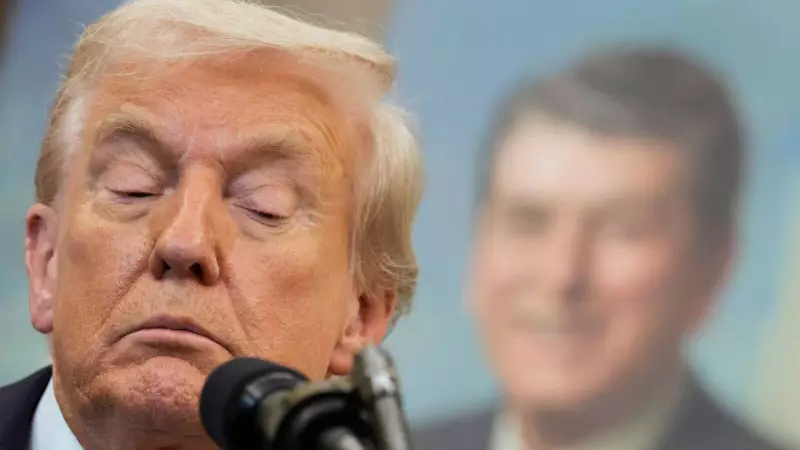
In a surprising revelation that highlights the complex relationship between big tech and political figures, former President Donald Trump's extravagant White House ballroom events are being financed not by American taxpayers but by corporate giants including Apple and Coinbase.
The Corporate Backers Behind Trump's Political Theater
Recent financial disclosures have uncovered that several prominent technology companies are quietly funding Trump's luxurious political gatherings at the White House. This arrangement ensures that the substantial costs associated with these high-profile events don't burden public funds, instead drawing from corporate coffers.
The list of corporate sponsors reads like a who's who of the technology world, with Apple and cryptocurrency exchange Coinbase leading the pack. This corporate sponsorship model represents a new approach to political event financing that bypasses traditional funding mechanisms.
Legal Battles and Corporate Relationships
What makes this funding arrangement particularly intriguing is the simultaneous legal warfare Trump is waging against major tech platforms. The former president continues his lawsuit against YouTube (owned by Google's parent company Alphabet), alleging censorship and unfair treatment on the platform.
This creates a fascinating dichotomy: while Trump battles one tech giant in court, he's simultaneously accepting financial support from others in the same industry. The situation underscores the complex, often contradictory relationships between political figures and technology corporations.
The Bigger Picture: Corporate Influence in Politics
This revelation raises important questions about corporate influence in American politics. The funding arrangement demonstrates how companies maintain relationships with powerful political figures across party lines, ensuring access regardless of who holds power.
Industry analysts suggest this corporate sponsorship strategy serves multiple purposes for these technology companies:
- Maintaining political access and influence
- Building relationships across the political spectrum
- Protecting business interests through strategic donations
- Ensuring favorable regulatory treatment
What This Means for American Democracy
The discovery of corporate funding for Trump's White House events comes at a time of heightened scrutiny over money in politics. While the arrangement technically keeps taxpayer dollars from being used for these gatherings, it opens new questions about corporate access to political power.
Political ethics experts are divided on the implications. Some argue that corporate funding prevents public money from being used for political events, while others worry about the influence this buying access might have on policy decisions.
As Trump continues his legal battles against some tech platforms while accepting support from others, the situation highlights the increasingly blurred lines between political operations, corporate interests, and digital platform governance in modern American politics.





